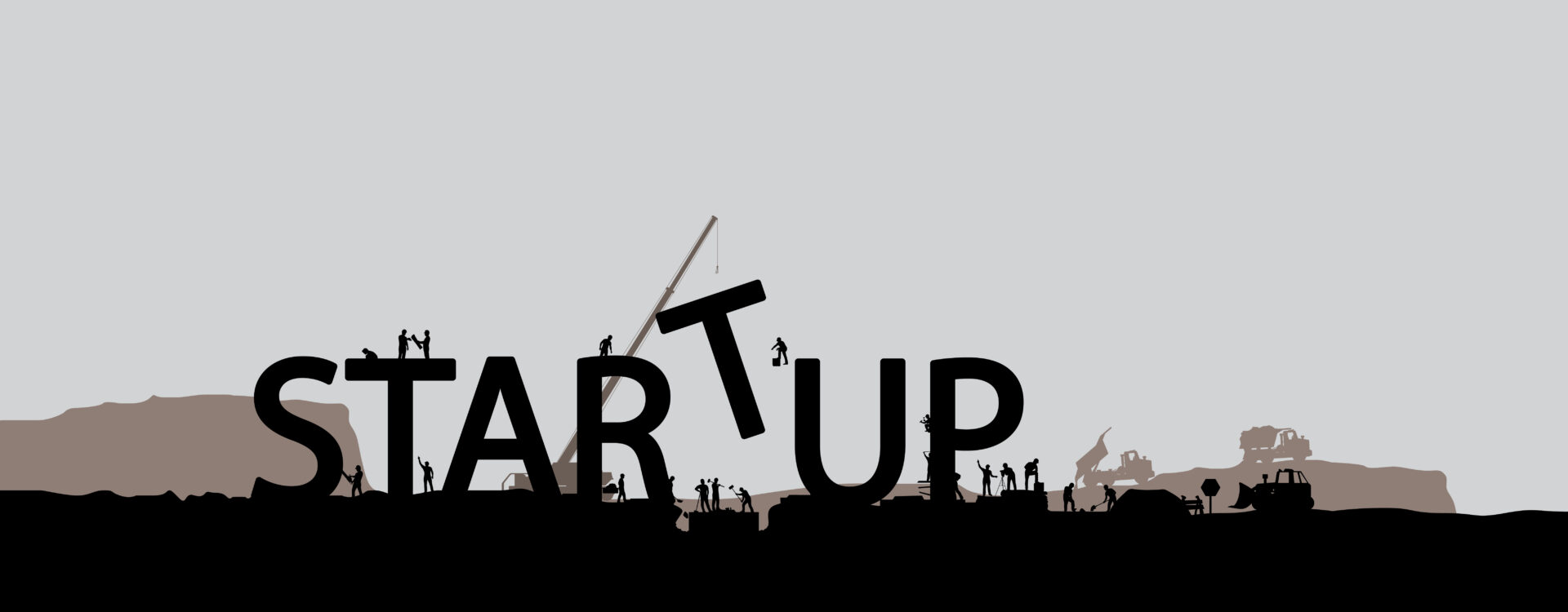Online retailers and e-commerce companies, commonly referred to as e-tailers these days, are investing heavily in offline retail stores to bolster their physical presence. Following the COVID-led lockdown, almost all businesses shifted online to survive and operate amidst the crisis.
But while the outbreak has lasted for a year, companies are expanding their own physical maps and expanding their reach using online and offline models to meet demand from all places, especially from small towns.
‘‘
Start-ups that gained popularity online and later launched their products offline are now trying to scale their retail presence.
10 Online Retailers Betting on Offline Expansion
Nykaa
Cosmetics retailer Nykaa has opened three stores in recent weeks and plans to open another 10-15 stores depending on market conditions. Nykaa founder and CEO Falguni Nair supports her company’s offline spread as it is essential to cater to customers who want to try the product first. The start-up retails premium beauty products through its offline stores.
Pepperfry
Pepperfry is an online furniture retailer currently with operations in more than 60 studio stores across 20 cities. The company plans to expand into the secondary and tertiary markets through a franchise model. It will open another 20 studios in the coming months in Guwahati, Agra, Raipur, Patna and Kozhikode.
Licious
Licious is a meat and fish delivery platform, and it currently has two offline stores in Bangalore and Gurugram. The start-up is planning to expand its offline business rapidly. As a food company, betting only on the internet limits the start-up’s ability to reach and operate in large areas. The company sees its plan as a combination of online and offline.
Barbeque Nation
The Barbeque Nation Hospitality’s first public offering (IPO) was launched in March this year. As of 2020, Barbeque Nation Hospitality operated 147 restaurants in 77 Indian cities and six international restaurants in the United Arab Emirates, Oman and Malaysia. It aims to further expand to all levels of Indian cities and make the brand even more significant.
WoodenStreet
After recently raising $3 million in funding, custom furniture start-up WoodenStreet opened two stores in Hyderabad this year and plans to open new stores in Kolkata and Kochi very soon. It is also planning to open a store in Mysuru and Coimbatore each by the year-end. Over the past five years, WoodenStreet has expanded its offline business to more than 25 speciality stores.
MyGate
MyGate provides security and convenience services management for gated apartments and communities. The company operates in 100 cities in India. Since 2016, it has expanded operations to Pune and Calcutta and has recently registered over 2,000 new clients on its platform in both cities. It also wants to expand to other major Indian cities.
SUGAR Cosmetics
Sugar Cosmetics is a women’s fashion platform that carefully selects cosmetics and skincare products from around the world. The start-up has already introduced eight exclusive business outlets (EBOs), apart from being present in 300 modern trade stores. The company intends to open 100 stores by the end of 2021 and expand its operations to 1,500 public and existing stores. To this end, the company is looking to expand to second and third-tier markets.
Mamaearth
Mamaearth has a presence in 2,000 stores across 43 cities and plans to expand to 5,000 over the next 18 months. The start-up has ten offline units and plans to raise them to 20% in 100 smart cities over the next two years.
Plum Goodness
Plum Goodness has 300 assisted and more than 3,000 non-assisted points of presence and plans to grow its retail business fivefold next year. The start-up claims to get 25% of its sales from offline currently.
Lenskart
Multi-channel optical prescription and eyewear retailer Lenskart’s business has witnessed a dramatic shift in its customers using the company’s online services in the pandemic year. With 90% of its present sales coming from the online channel, Lenskart is still one of the few brands which are planning to expand offline presence via retail stores. Lenskart plans to initiate more than 300 new stores as COVID restrictions fade down in the coming months.
While offline retailers are increasingly using online to avoid barriers, e-commerce companies are rightly expanding their offline presence to physically connect with consumers. Even though industry experts estimate that the bulk of e-commerce volume will come from the top 30 Indian cities, it is estimated that more than 60% of e-commerce will come from small towns in the next five years. Therefore, it is imperative for e-commerce and retail companies to build a physical customer base and settle in smaller cities.




